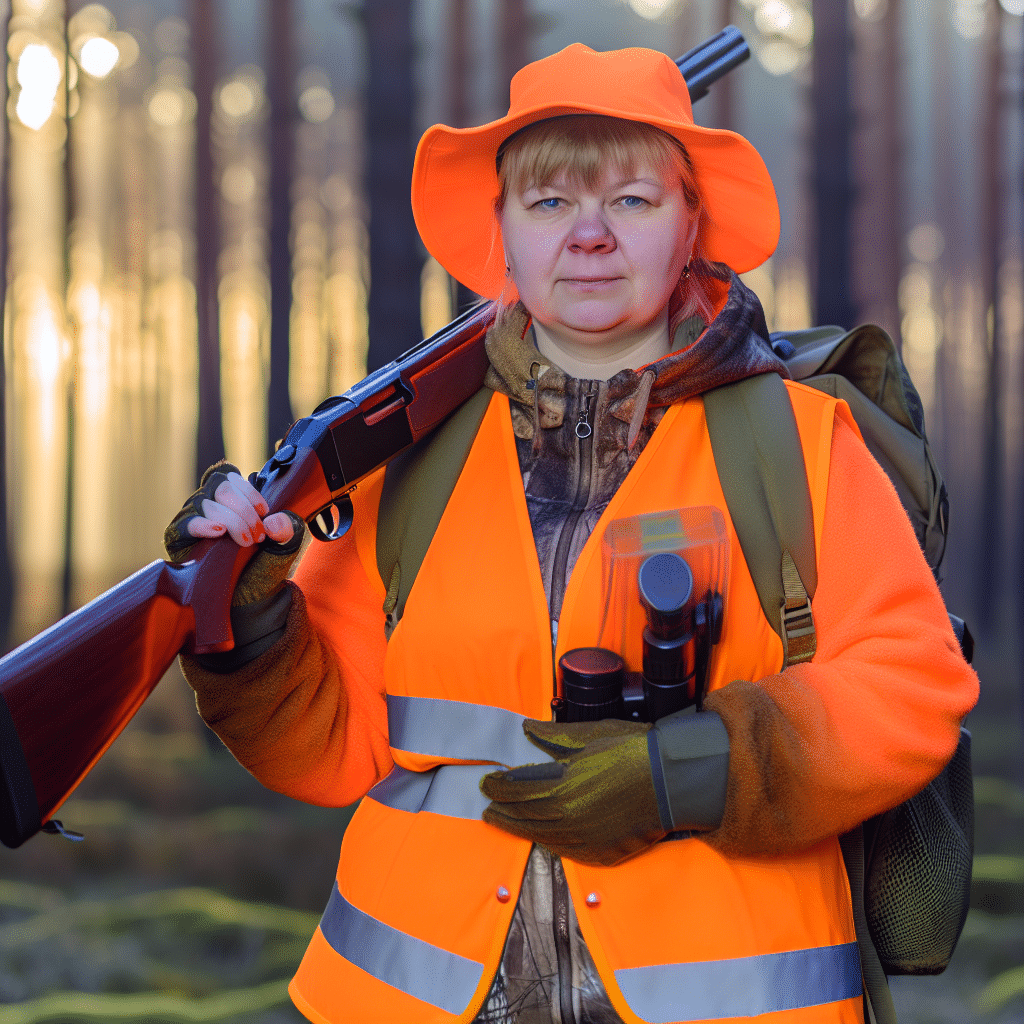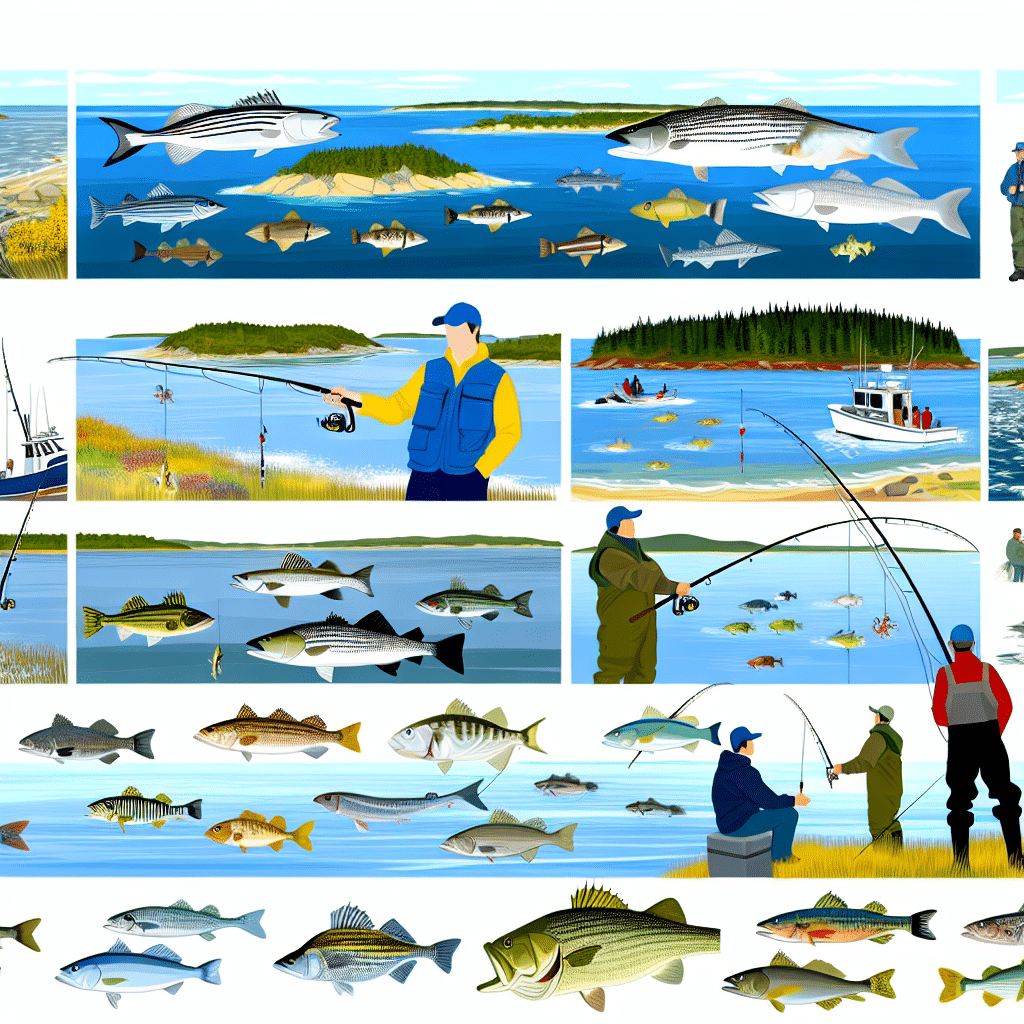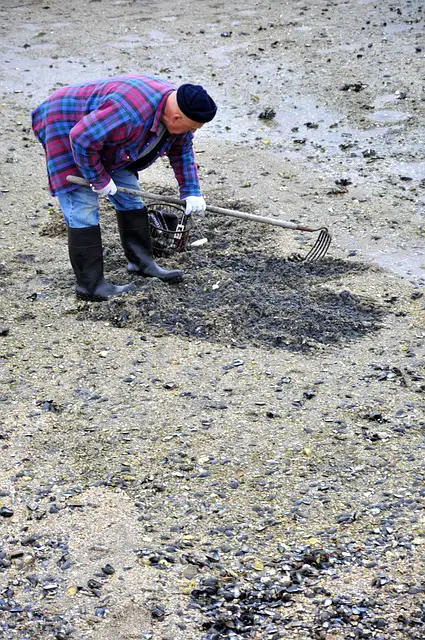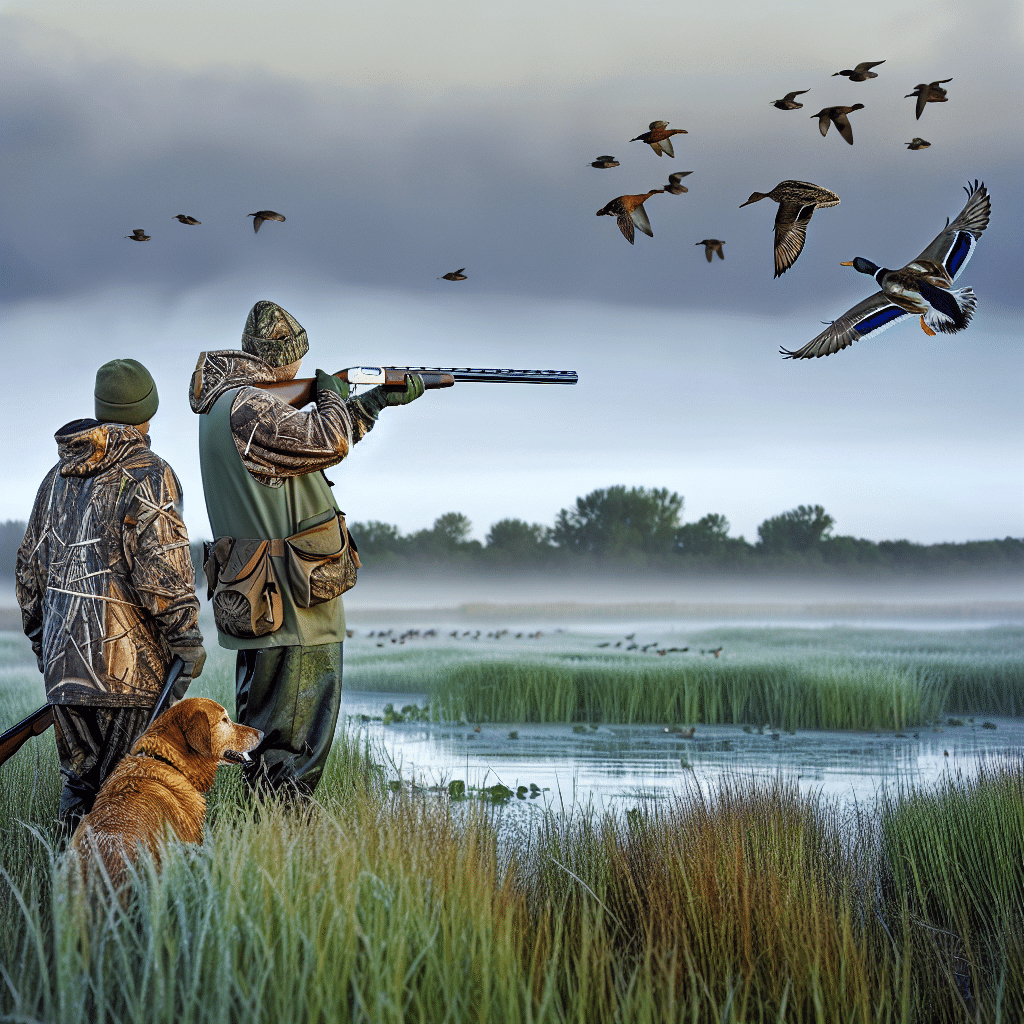Are you eager to step into the wild and experience the thrill of hunting? Before you grab your gear and head out, there’s an essential step to take: obtaining a hunting license. This comprehensive guide will walk you through everything you need to know about how to get a hunting license, ensuring you’re well-prepared for your first adventure.
Why Do You Need a Hunting License?
Understanding the Importance of a Hunting License
A hunting license is more than just a legal requirement; it plays a crucial role in wildlife conservation and management. By requiring hunters to obtain a license, authorities can regulate hunting activities, ensuring that animal populations remain balanced and sustainable. Funds from hunting licenses often go towards conservation programs, habitat restoration, and educational initiatives about wildlife.
Legal Implications
Hunting without a license can lead to severe penalties, including fines, confiscation of equipment, and even imprisonment. A hunting license ensures you’re hunting legally and ethically, adhering to the rules and regulations established by wildlife management authorities.
Steps on How to Get a Hunting License
1. Determine Eligibility
Before you can get a hunting license, you need to ensure you meet the eligibility requirements. Generally, these include:
– **Age Requirement:** Most states require hunters to be a certain age, usually around 12-16 years old. However, this can vary by region, so check local regulations.
– **Hunter Education Certificate:** Many states require you to complete a hunter education course. This course provides essential knowledge about safety, ethics, and wildlife conservation.
2. Take a Hunter Safety Course
Why Take a Hunter Safety Course?
Hunter education courses are designed to teach you the basics of hunting, including laws, ethics, and safety practices. These courses are often mandatory, particularly for new hunters. They cover topics such as firearm safety, first aid, and wildlife identification.
Where to Find a Course
You can take hunter safety courses online or in-person. Check with your state’s wildlife agency or the International Hunter Education Association (IHEA) for available courses. Completing the course usually involves passing both a written test and a practical field test.
3. Choose the Right License
Types of Hunting Licenses
Hunting licenses come in various types, based on factors such as age, residency status, and the type of game you’re hunting. Common types include:
– **Resident vs. Non-Resident Licenses:** Residents typically pay less than non-residents.
– **Youth Licenses:** Reduced fees or special licenses for young hunters.
– **Specialty Licenses:** Depending on the game you wish to hunt (e.g., deer, turkey, waterfowl), you may need additional tags or stamps.
Where to Apply for a Hunting License?
Online Applications
Most states offer online application options, simplifying the process considerably. Visit your state’s wildlife agency website, create an account, and follow the prompts to complete your application. You’ll need to provide personal information, proof of hunter education certification, and payment for the license fee.
In-Person Applications
If you prefer face-to-face interactions or have questions, you can apply in-person at approved locations, such as:
– **Department of Natural Resources (DNR) offices**
– **Sporting goods stores**
– **Authorized retailers**
Bring necessary documentation, such as identification and your hunter education certificate, along with payment for the license fee.
What to Do After Obtaining Your Hunting License?
Understand Hunting Regulations
Each state has specific hunting seasons, bag limits, and hunting methods that are allowed. Make sure to familiarize yourself with these regulations to avoid legal issues and contribute to sustainable hunting practices.
Prepare Your Gear
Once you have your hunting license, it’s time to gather your gear. Essential items include:
– **Hunting firearm or bow:** Ensure it meets legal requirements.
– **Ammunition or arrows:** Match them with your weapon.
– **Safety gear:** Blaze orange clothing to stay visible.
– **Navigation tools:** Maps, GPS, or compasses.
– **Survival kit:** First aid supplies, water, food, and a fire starter.
Scout Your Hunting Area
Spend some time scouting the area you plan to hunt. Look for signs of game animals, understand the terrain, and plan your hunting strategy. This increases your chances of a successful hunt while ensuring you remain safe and within legal boundaries.
Renewing and Maintaining Your License
Most hunting licenses are valid for a year, though this can vary by state and license type. Keep track of your license’s expiration date and renew it as necessary. Continuous education and staying updated on hunting regulations will help you maintain your status as a responsible and ethical hunter.
Conclusion
Obtaining a hunting license might seem complicated initially, but by following these steps, you’ll be well on your way to enjoying this rewarding outdoor activity. Remember, a hunting license is not just a legal necessity; it’s your commitment to ethical hunting and wildlife conservation. Happy hunting!




